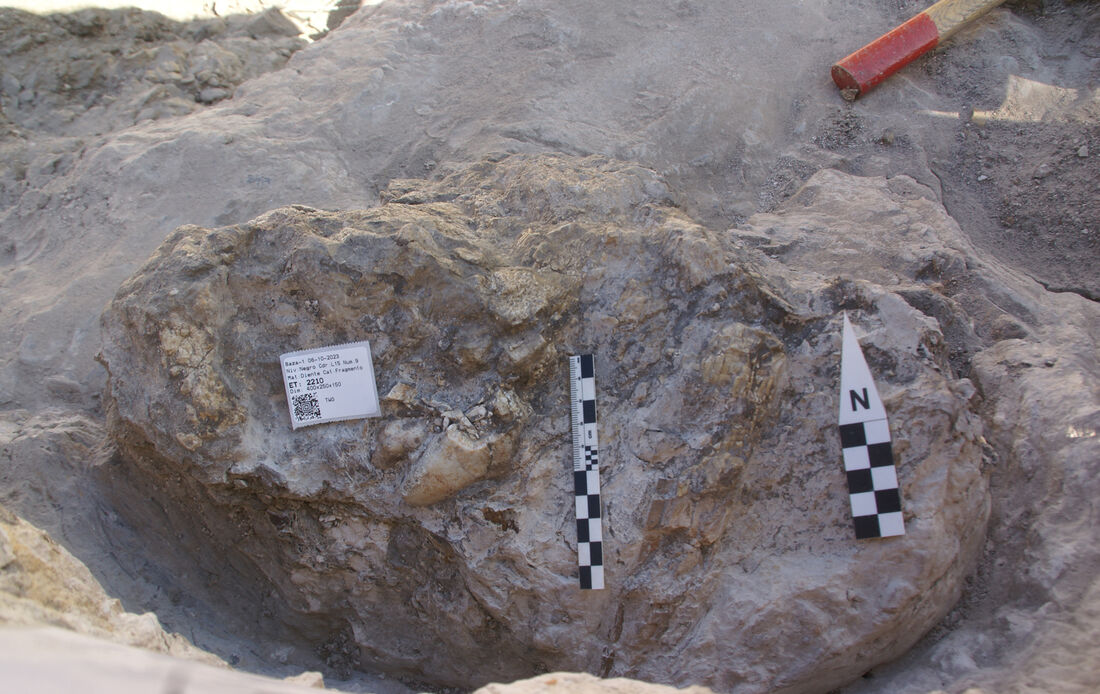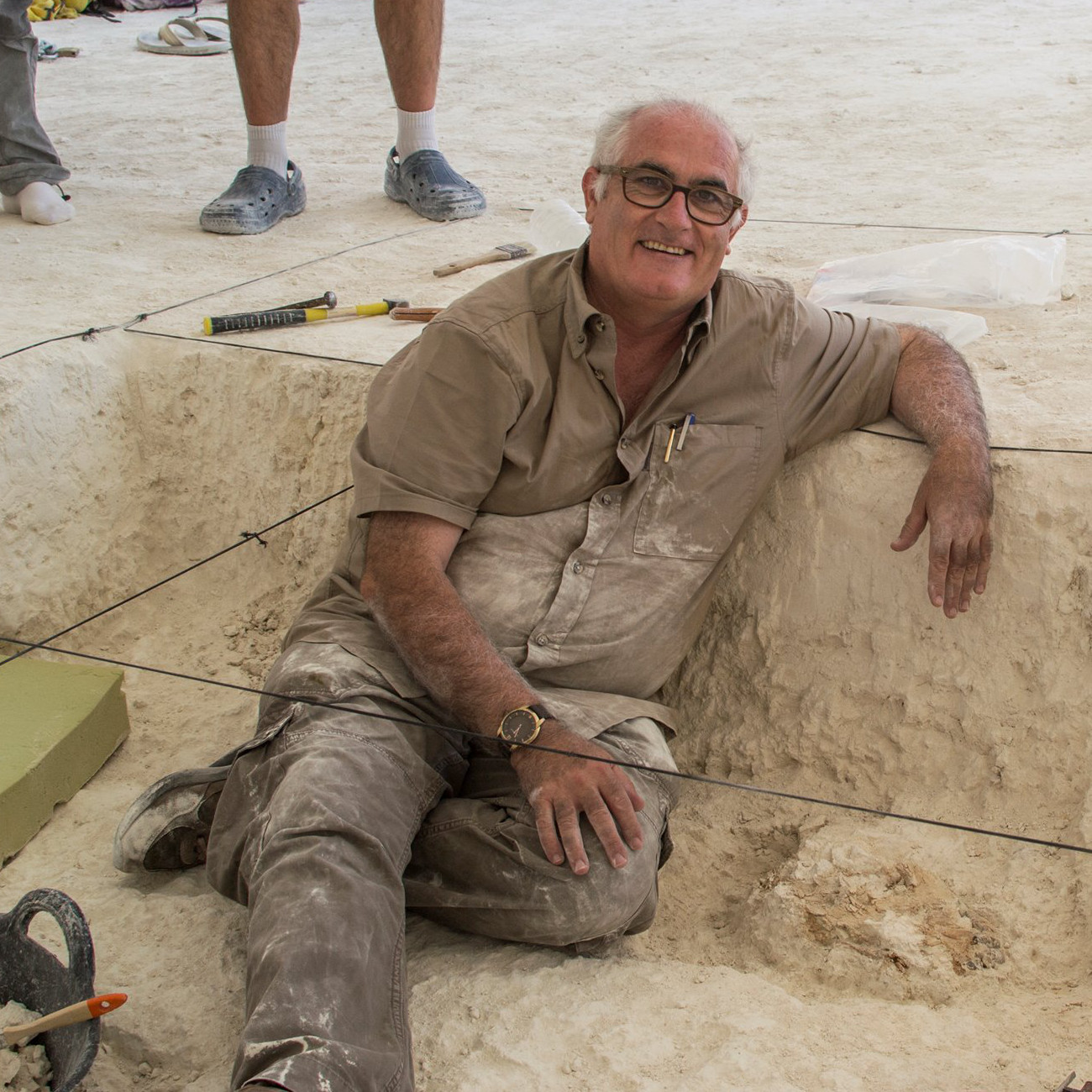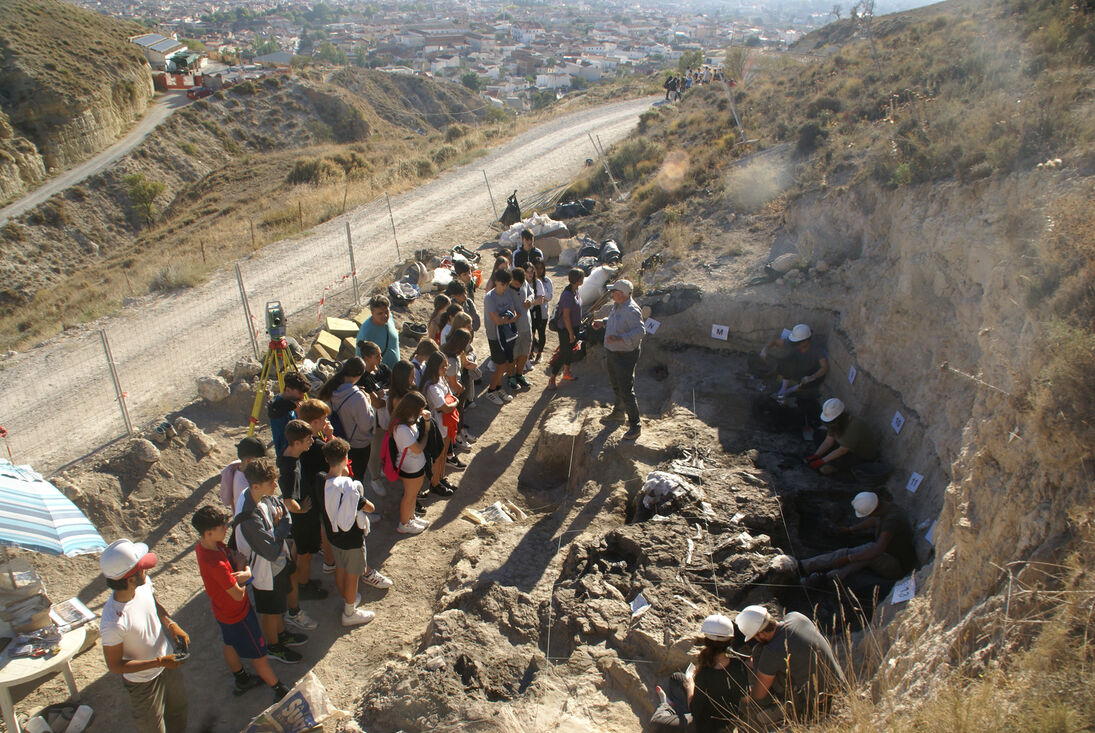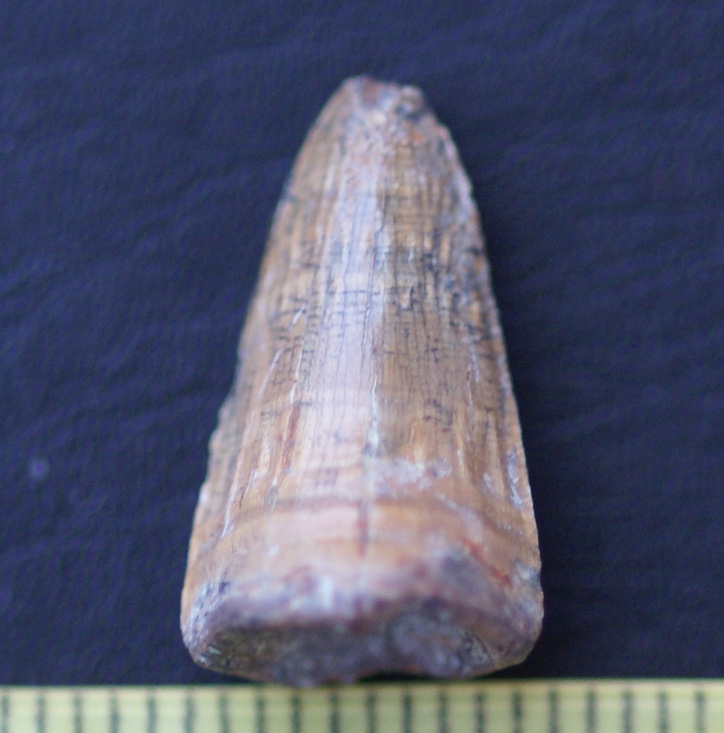A remarkable discovery of an ancient tooth believed to be from Europe’s last-ever crocodile has recently been made. The tooth is estimated to be approximately 4.5 million years old, making it a significant find among several fossilized remains of vertebrates.
The discovery occurred during an excavation at the Baza-1 site in Granada Province, southern Spain, from September 19th to October 8th. This site has piqued the interest of researchers since 1996.

According to Bienvenido Martínez Navarro of the Catalan Institute of Human Palaeoecology and Social Evolution in Tarragona, this tooth is the sole crocodile tooth found in the European fossil record from the Pliocene Epoch to date. The crocodile species in question is believed to have African origins, having arrived in the Iberian Peninsula by crossing a sea arm just before the Mediterranean dried up during the Messinian Salinity Crisis over six million years ago. This crocodile likely represents the last of its kind in Europe.

Aside from the crocodile tooth, the excavation revealed the remains of two elephant ancestors of the Anancus Arvernensis species. Over 2,000 fossils in excellent condition were recovered from the 30-square-meter excavation area. More than 500 of these fossils belong to large mammals, particularly mastodons. At the same time, the rest are associated with rhinoceroses, three-toed horses (hipparions), bovids of the Alephis genus, and other vertebrates from that epoch.

Researchers believe the region had a subtropical-to-tropical climate at the time, characterized by high temperatures and abundant rainfall. It would have been covered with extensive forests, interspersed with open spaces where herbivores grazed.
Disclaimers:
This content and images have been licensed to use by Jam Press, edited and syndicated by https://www.znewsservice.com/.
Should you have any questions relating to this content please get in touch with Jam Press via https://www.jampress.co.uk/contact-us/






